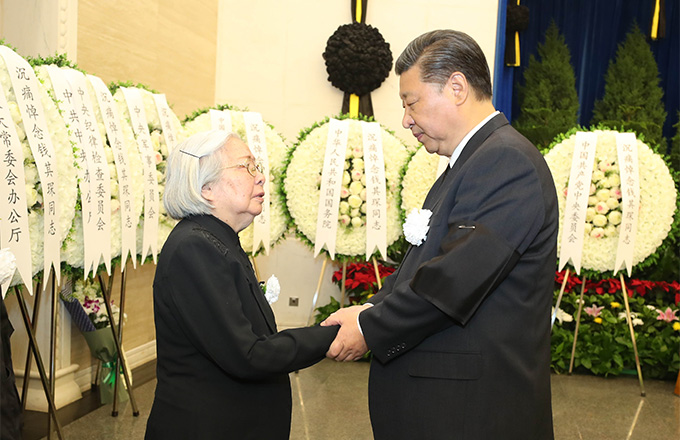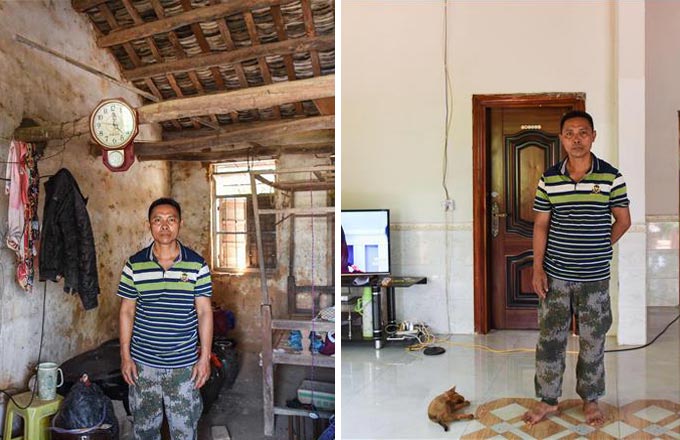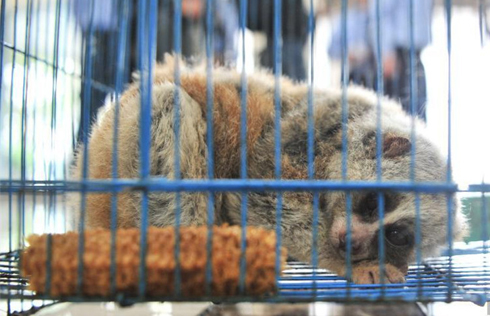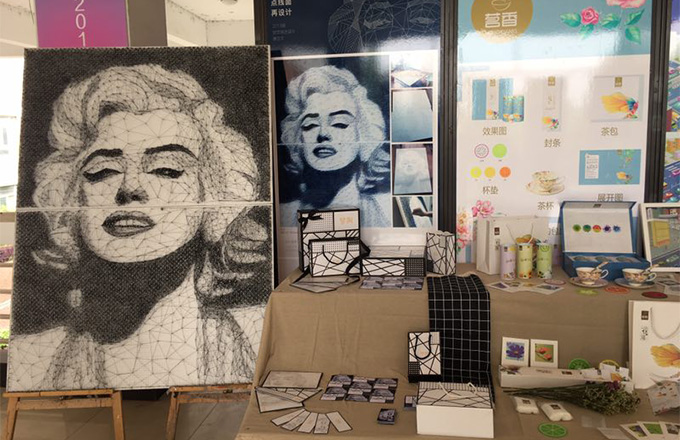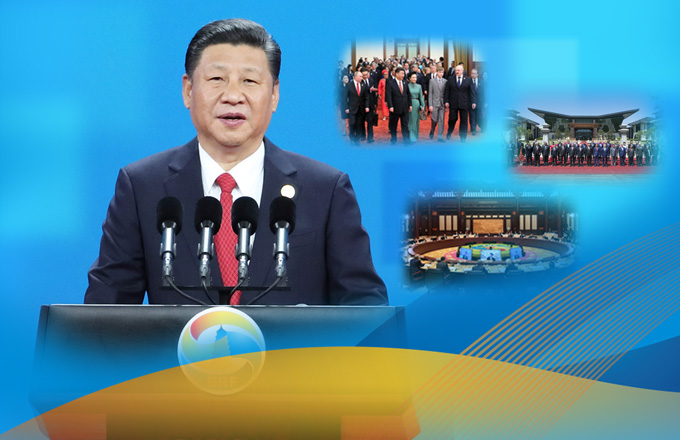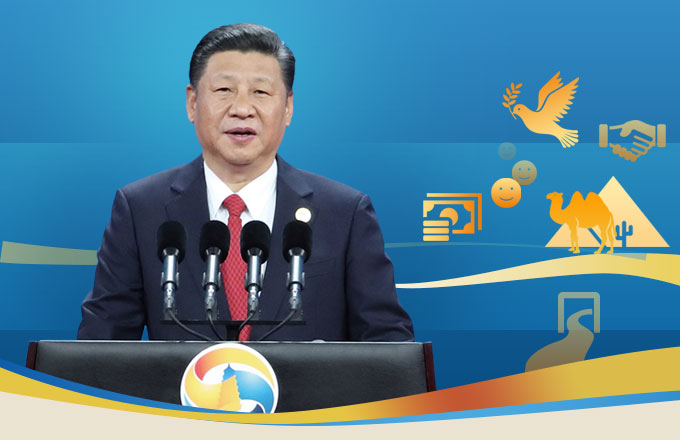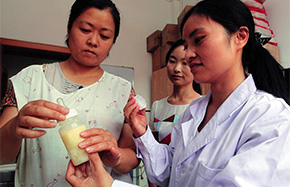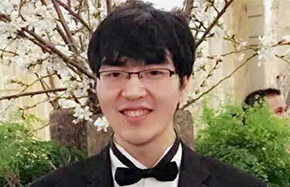Chinese working moms face breastfeeding dilemma
BEIJING - Being a breastfeeding mom and a career woman at the same time is no easy task for Fu Xiaoli.
Fu, an employee of the Tianjin Post Office, has managed to breastfeed her daughter Xiaoxiao for 15 months. After returning to work when Xiaoxiao was just four months old, she decided that the only option was to collect her breast milk during her work hours.
"At the beginning, I was under great pressure, as I was afraid that working would affect the quality and quantity of my milk," Fu said.
"I used to pump milk in the bathroom, which was very inconvenient. I felt guilty for spending such a long time there each day," Fu said.
Fu later found a storage room where she could get some privacy to use her breast pump. Although she sometimes is too busy at work to pump milk, she tries to do it as much as she can.
However, not all babies in China are as lucky as Xiaoxiao. According to official statistics, only 30 percent of Chinese mothers exclusively breastfeed their infants for the first six months, much lower than the government's targeted goal of 50 percent.
According to the International Labor Organization, returning to work is a major reason for women to stop breastfeeding. Many career women in China complain of a lack of workplace support for breastfeeding and pressure from heavy workloads.
"Although my colleagues are well aware of the benefits of breastfeeding, it is a pity that they are forced to stop because of our tight work schedule. A female doctor, for instance, can't stop half way through surgery to pump milk. And the real problem is that if the women don't pump enough, their milk production starts to decrease," said Yang Xiaoping, a nurse at the Peking Union Medical College Hospital.
In recent years, more people have become aware of the dilemma that working mothers face, and as a result, online support groups and parenting forums have become a popular online retreat. Some mothers are determined to make their voices heard.
Li Zhi works at a state-owned enterprise in Beijing. She has made a difference by approaching her manager and convincing him to provide a special breastfeeding room at their company.
"I told him that setting up a breastfeeding room would help promote our corporate culture and give the staff a more considerate image of their boss," Li said.
Ivy Makelin is the leader of the China branch of the La Leche League, an international non-profit organization dedicated to helping breastfeeding mothers by providing information and mother-to-mother support.
One of Makelin's goals is to encourage Chinese working moms to continue breastfeeding their babies.
"It is quite common, especially in western countries, for mothers to keep breastfeeding even after they go back to work. A lot of moms know the benefits of breastfeeding for both their babies and themselves; they really have a commitment to keep doing it," Makelin said.
"A lot of moms feel when they are at work and they are pumping for their babies maybe two or three times a day, it is a time for them to actually feel close and connected to their babies, even though they are at the office and the babies are at home," Makelin added.
To raise awareness and support for breastfeeding mothers, the UNICEF Office for China has built a sample breastfeeding room called "10 square meters of love," a private space equipped with chairs, electricity sockets, a refrigerator and lots of toys. The group hopes that by setting an example, breastfeeding rooms will be set up in public buildings and workplaces throughout China.
"The information is so clear about the benefits of breastfeeding, not just benefits for the baby, but for the mother. This is very important for China. We all know that breastfeeding is a powerful prevention for heart diseases, diabetes and obesity, which are health problems in China," said Dale Rutstein, UNICEF chief of communication and partnership in China.
"Strong babies make a strong nation. If China really promotes breastfeeding throughout the country, billions in healthcare costs will be saved and the lives of the whole population will be improved," Rutstein added.
Ma Yili, a well-known Chinese actress, also serves as UNICEF Special Advocate for Breastfeeding and Early Childhood Development. She gives public speeches and uses her microblog to share her personal experience and encourage working mothers to continue breastfeeding.
After giving birth five years ago, Ma breastfed her daughter for nine months, during which time she overcame challenges such as acute mastitis and the inconvenience of pumping and storing breast milk while shooting films.
"Breastfeeding can be carried on after mothers go back to work as long as they make a strong commitment. If society gives more support, working mothers will be more confident in doing that," Ma said.






